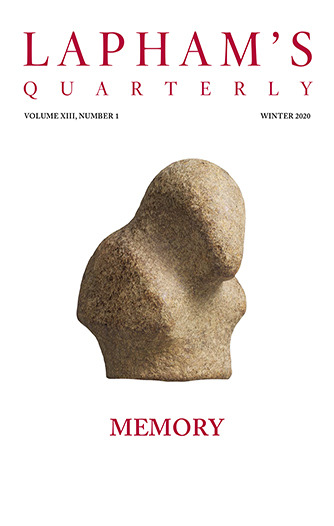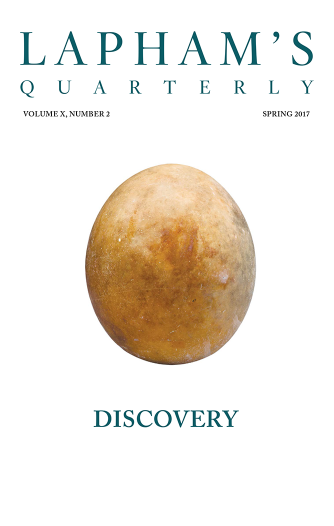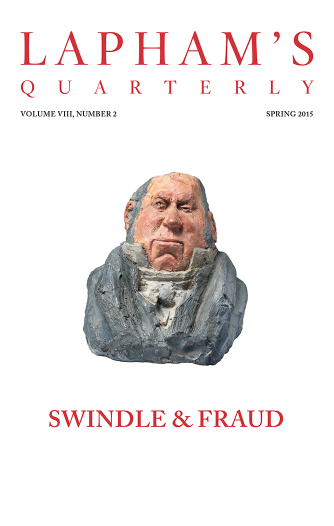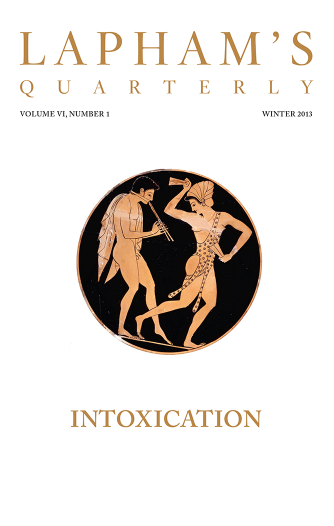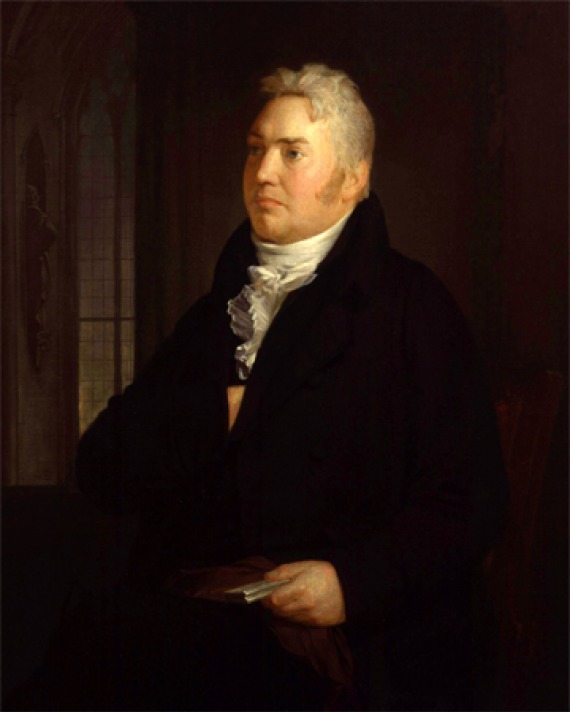
Samuel Taylor Coleridge
(1772 - 1834)
Composed under the influence of laudanum, or opium dissolved in alcohol (a common painkiller), Samuel Taylor Coleridge’s famous fifty-four-line poem, “Kubla Khan; Or, a Vision in a Dream,” was all that remained of several hundred lines of poetry that he claimed had come to him in a dream. Around the same time as that poetic vision, he composed “The Rime of the Ancient Mariner,” which appeared in the collection Lyrical Ballads, copublished with William Wordsworth in 1798. Coleridge’s use of laudanum increased in the 1800s to the point where he consumed a pint a day and at night dreamed of being clawed by talons and buried alive.
